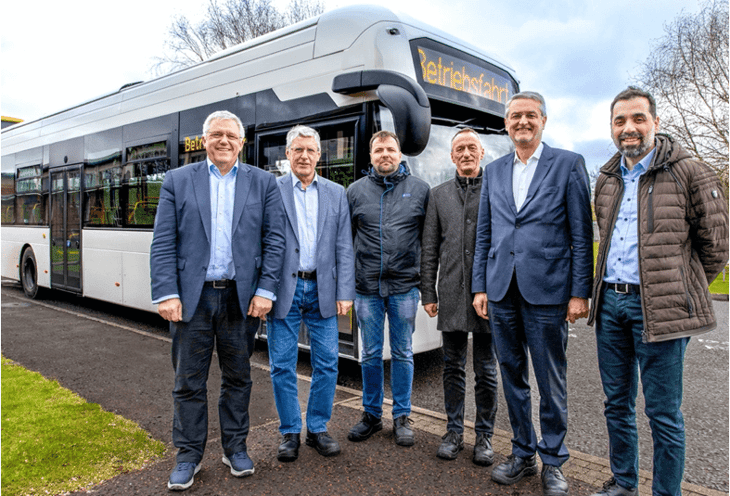Wrightbus has secured an order for 46 of its hydrogen-powered buses from German operator Cottbusverkehr GmbH.
The Kite Hydroliner buses are expected to serve the city of Cottbus, Brandenburg’s second-largest city, signifying the fleet operators’ first venture into using hydrogen-powered buses.
Following testing in Belfast, Northern Ireland, the vehicles are compliant with the VDV (Association of German Transport Companies) regulations and meet the requirements of the European General Safety Regulation (GSR2).
... to continue reading you must be subscribed





